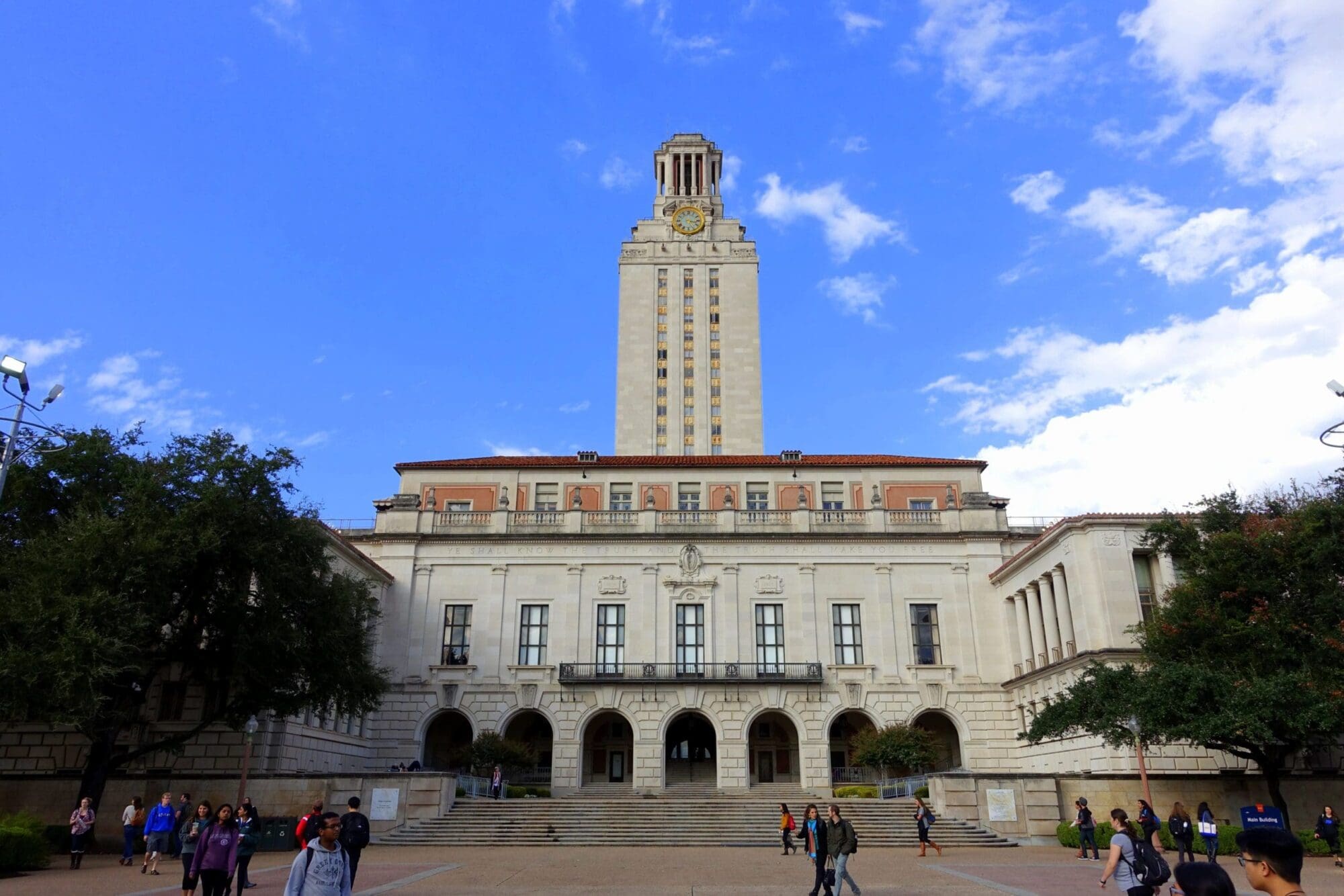The Salem Center at UT-Austin, a five-year-old right-of-center think tank housed in the McCombs School of Business, hosted a discussion regarding the various costs and benefits of different approaches to big tech censorship.
Entitled “Big Tech, Net Neutrality, and the Future of Online Free Speech,” Monday’s panel revolved around the recently argued U.S. Supreme Court case Netchoice v. Paxton, which was filed in response to a law passed by the Texas legislature in 2021 to go after social media censorship.
Federal Communications Commissioner Brendan Carr, who was originally appointed by Donald Trump, explained that the infamous Section 230 of the 1996 Communications Act provides extra protection for online platforms that engage in censorship. They can claim to be engaging in political speech when defending their so-called “content moderation” decisions, while also claiming to be “just a carrier” when facing liability claims for speech made on their sites. This “having your cake and eating it too” contradiction is at the heart of many of today’s problems.
Carr also said that internet censorship was “downstream from a form of extreme identity politics.” He explained that when someone believes so-called “marginalized groups” have suffered great injustices based upon arbitrary characteristics, they can rationalize any number of speech restrictions in the name of redressing alleged harms.
Adam Candeub, director of the Intellectual Property, Information, and Communications Law program at Michigan State University, asked why social media companies should be exempt from nondiscrimination laws with which everyone else must comply. He also discussed how “the line between public and private has been blurred” in these cases.
Ryan Baasch, who argued the Netchoice v. Paxton case on behalf of the Texas Attorney General’s office, questioned “who is speaking” when platforms censor—the user or the platform. Baasch then went on to reiterate many of the points made earlier about how platforms are “trying to have it both ways.” If forced to choose, Bassch speculated that platforms would forego censorship to keep the liability protections.
Judge Glock, director of research and senior fellow at the Manhattan Institute, took a somewhat contrarian approach. While he didn’t dispute the constitutionality of the Texas statute, he did question its necessity. Glock argued that the marketplace for social media companies is more competitive than many realize. As evidence, he cited Facebook’s market share decline over the past few years, which is primarily the result of the rise of TikTok.
The U.S. Supreme Court will rule in Netchoice v. Paxton no later than June.
No ads. No paywalls. No government grants. No corporate masters.
Just real news for real Texans.
Support Texas Scorecard to keep it that way!





